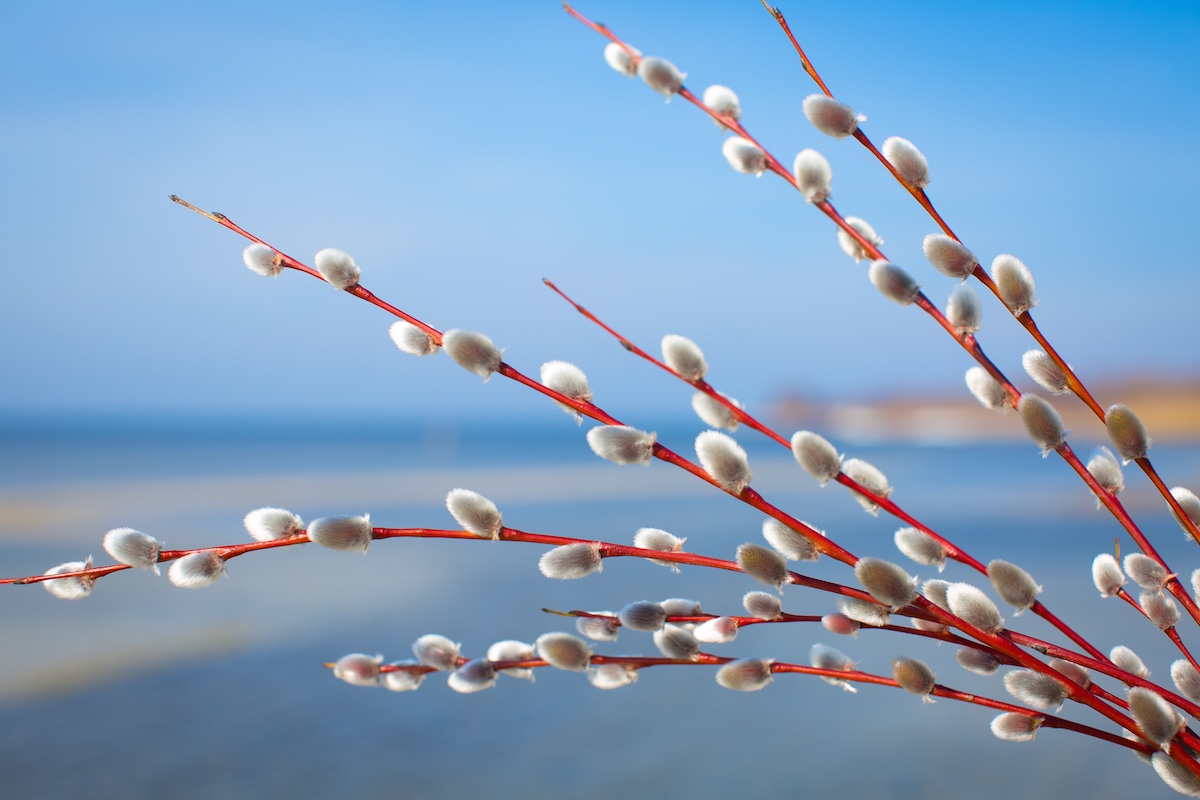Bad News: Allergies May Start Early This Year

Willow photo via Shutterstock
After months of unseasonably warm weather, your allergies may be hitting a little early this year—because a winter as mild as ours had to come with a catch.
“A warm winter and a warm spring affects when things pollinate,” explains Dr. John Ohman, chief of Tufts Medical Center’s Division of Allergy. “The warmer the weather, the earlier the pollinating season.”
Ohman says a warmer winter doesn’t necessarily mean spring allergies will be worse, just that they’ll begin a little sooner than normal. Those who are allergic to maple and willow pollen, two trees that pollinate shortly after temperatures climb, may already be suffering.
Still sitting pretty without symptoms? Don’t assume you’ll be so lucky all spring. “Different people are very specifically allergic to certain pollens,” Ohman says, so your itchy eyes and runny nose may just be waiting in the wings.
If you’re in the unlucky cohort already dreading the great outdoors, follow Ohman’s tips for allergy relief:
1. Medicate. Over-the-counter drugs are probably your best bet. Ohman recommends second-generation antihistamines, such as Claritin, Allegra, and Zyrtec, over first-generation antihistamines, such as Benadryl. “They tend to be much more effective, with less side effects,” he says.
2. And medicate some more. If you’re plagued with nasal symptoms, try a cortisone nasal spray. If you choose over-the-counter sprays, use them only for a few days at a time to avoid dependence. “A lot of people, during a pollen season, get started on [them] and then they can’t get off it, and it’s actually making them worse in the long run,” Ohman says.
3. Schedule your day strategically. Pollen levels are highest in the morning, so if you like to run or exercise outdoors, Ohman recommends saving it for early evening.
4. Don’t touch your eyes. “Eye symptoms are very much aggravated by hand-eye contact,” Ohman says. Avoid itching your eyes, as your hands could have pollen residue on them.
5. When all else fails, stay inside. Hiding from pollen in air conditioned buildings, when all else fails, will quell your symptoms. Consider it the silver lining on the bummer that is having to work on beautiful days.


